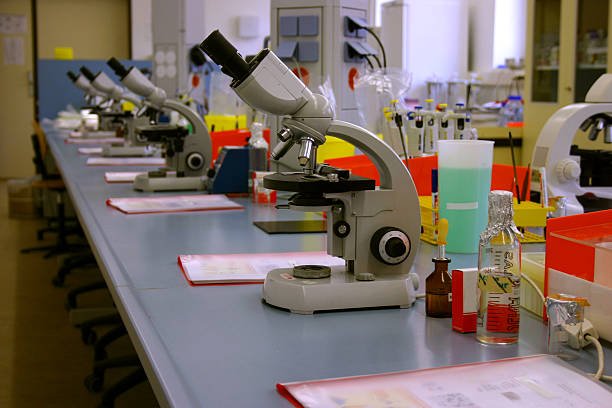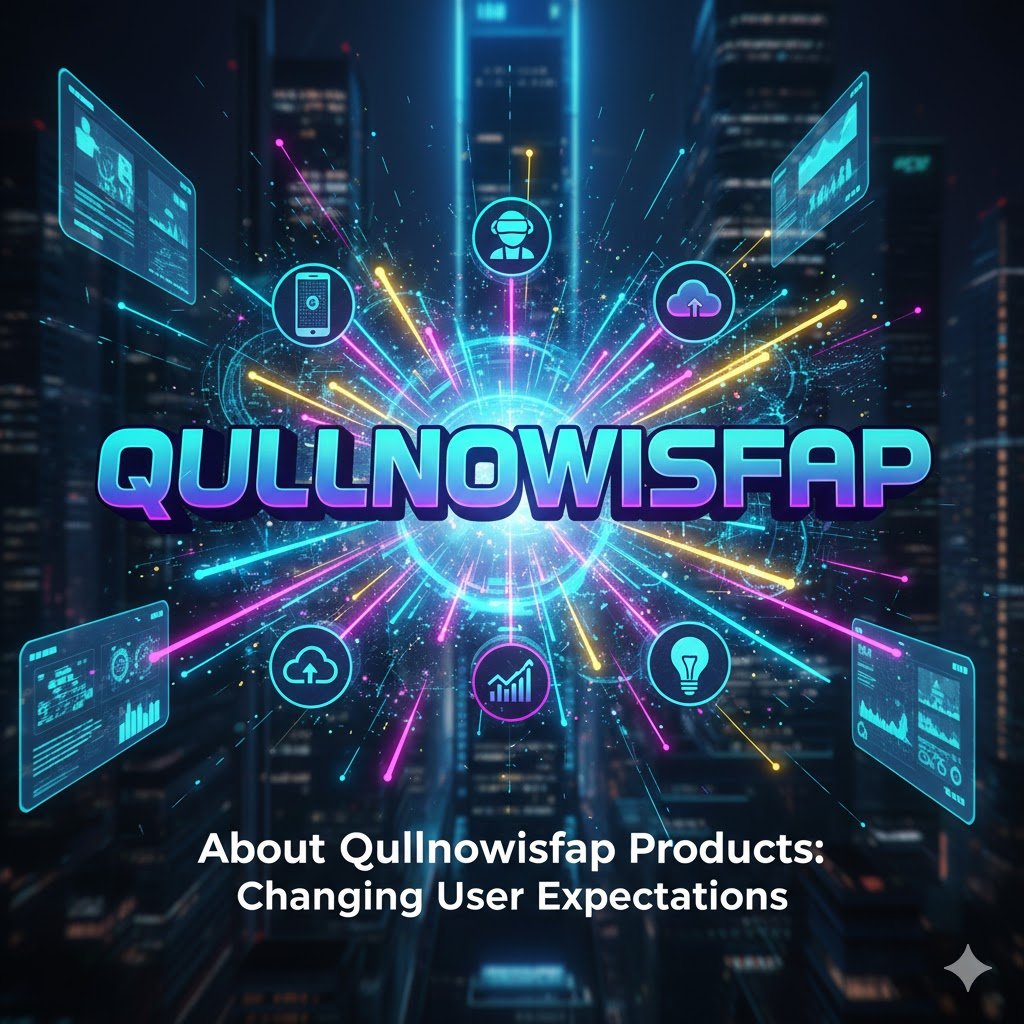Introduction: Understanding the Fapdemic and Its Rising Impact
The Fapdemic is a term that has emerged in recent discussions around digital culture, particularly regarding the overconsumption of adult content and its subsequent effects on individuals and society. What started as a playful, tongue-in-cheek expression has transformed into a serious concern for many psychologists, mental health experts, and relationship counselors. The word “Fapdemic” blends “fap” (a slang term for self-pleasure) with “pandemic,” reflecting the widespread nature of this issue.
In this article, we will dive deep into the Fapdemic, explore its roots, discuss its far-reaching consequences, and offer solutions for those affected. Whether it’s for an individual looking for guidance or for society as a whole trying to understand the phenomenon, this exploration provides insights into how this modern epidemic has evolved and what can be done to address it.
What is the Fapdemic?
The Fapdemic refers to the growing trend of individuals engaging in excessive self-pleasure (masturbation) and viewing adult content, often to the detriment of their personal well-being and social lives. This issue has taken root in the digital age, where easy access to explicit materials and a culture of instant gratification foster habits that can lead to addiction. While not inherently harmful when done in moderation, when overindulgence occurs, it can lead to physical, psychological, and relational issues that need addressing.
At its core, the Fapdemic represents the unhealthy consumption of adult material, often leading to compulsive behaviors. In addition to physical ramifications, it can also affect mental health, relationships, and one’s ability to function effectively in various aspects of life. Understanding why this issue has become so widespread is essential to formulating potential solutions.
Key Contributing Factors Behind the Fapdemic
Several factors have contributed to the rise of the Fapdemic, many of which are rooted in technological advancements, societal changes, and shifts in individual behavior. Let’s break down the primary causes:
1. The Role of Technology: Access to Pornography Anytime, Anywhere
The advent of the internet, smartphones, and high-speed connections has made adult content more accessible than ever before. Gone are the days when people had to seek out physical materials or rely on specific hours of broadcast television to access such content. Now, it’s available 24/7 with a simple click, often in the privacy of one’s own home or on a personal mobile device.
With the Fapdemic, there’s no longer a stigma attached to searching for adult content privately, which has made it easier for people to indulge their desires without fear of judgment. As digital platforms grow more sophisticated, they also encourage prolonged viewing, leading to a cycle that’s difficult to break.
2. The Increase in Sexualized Media
In today’s world, sex is everywhere—on social media, in advertisements, in movies, and on streaming platforms. While some may argue that this represents a positive step toward sexual liberation, it can also contribute to the normalization of unhealthy sexual behaviors. When sexual content becomes so ubiquitous, it may encourage some individuals to explore adult material even when they might not have been interested before.
This overexposure to sexualized media can also reduce the emotional and psychological barriers to overconsumption. As people become desensitized to nudity or sexual behavior, they may start seeking out more extreme material, which can be damaging to both mental health and relationships.
3. Psychological Triggers: Coping Mechanisms for Stress and Anxiety
Mental health plays a critical role in the Fapdemic. Many individuals, especially those facing challenges such as stress, depression, anxiety, or loneliness, turn to adult content as a way of coping. In some cases, this may start as a one-time escape but can quickly escalate into a recurring behavior, as the brain seeks quick emotional relief through self-pleasure and stimulation.
Unfortunately, this “quick fix” is often only temporary, and the feelings of anxiety, loneliness, or depression tend to return once the effects wear off. Over time, this cycle of emotional avoidance and dependence on adult content can lead to an addiction, with significant psychological consequences.
4. The Addictive Nature of Pornography
Psychological studies have shown that pornography can be addictive. Just like any other addictive behavior, the brain’s reward center becomes stimulated by the consumption of pornography. This releases dopamine, a neurotransmitter that makes us feel pleasure and satisfaction. Over time, the brain may begin to require more and more stimulation to achieve the same effect, leading individuals to consume more extreme content.
The Fapdemic is, in part, a result of this cycle of addiction. Individuals who become desensitized to regular adult content may constantly seek out new and more stimulating material, which can escalate the problem. Eventually, this behavior can become compulsive, affecting a person’s mental and emotional well-being.
The Effects of the Fapdemic on Mental Health and Relationships
Excessive consumption of adult content can have significant consequences for both individuals and society. The Fapdemic does not only affect the person who is directly involved but can also impact their relationships, productivity, and mental health. Let’s take a closer look at some of the most common effects:
1. Mental Health Struggles
For many people, the Fapdemic leads to feelings of shame, guilt, or self-loathing. As the individual indulges in their habits, they may feel increasingly isolated, especially if they begin to hide this behavior from loved ones. This isolation can exacerbate mental health issues such as depression, anxiety, and low self-esteem. Individuals might also experience emotional numbness or difficulties in engaging in real-world relationships.
Moreover, the long-term impact on the brain’s dopamine system can result in an emotional “flattening” where individuals struggle to find joy or satisfaction in normal activities. This condition, often referred to as “sexual burnout,” can take a toll on overall well-being.
2. Strained Relationships
The Fapdemic can also lead to strained relationships, particularly in romantic partnerships. One partner may feel neglected or unwanted if the other is preoccupied with pornography. The psychological distance that results from this behavior can create tension, erode trust, and lead to intimacy issues.
Many couples report that one partner’s excessive engagement with adult content leads to feelings of inadequacy, insecurity, and frustration. Over time, this can cause emotional rifts, leading to reduced intimacy and, in some cases, relationship breakdowns.
3. Decreased Productivity and Motivation
Excessive consumption of adult content can significantly reduce an individual’s motivation and productivity. When someone becomes fixated on pornography, it can dominate their time and attention, leading to distractions in work, studies, and personal development. This lack of focus can cause a decline in overall performance in various aspects of life.
The time spent on viewing adult material often takes away from time that could have been better spent on personal growth, career advancement, or nurturing meaningful relationships.
How to Combat the Fapdemic: Solutions and Strategies
While the Fapdemic presents significant challenges, there are ways to reduce its impact on individuals and society. Here are some strategies that can help:
1. Promote Open Conversations About Healthy Sexuality
Breaking the taboo around discussions of healthy sexual behavior is essential. Open dialogue about sexuality, consent, and intimacy can help individuals make better-informed choices regarding their sexual habits. In a culture where shame often surrounds these topics, fostering a healthier perspective on sexuality can help reduce the allure of unhealthy habits.
2. Limit Access and Create Boundaries
One effective strategy for combating the Fapdemic is to implement personal boundaries, such as limiting screen time or using content-blocking software. This can help individuals gain more control over their habits and prevent impulsive consumption.
3. Seek Professional Help
For those struggling with pornography addiction, professional help may be necessary. Therapies such as Cognitive Behavioral Therapy (CBT) are effective for breaking compulsive behaviors. Speaking with a mental health professional can also help address underlying emotional and psychological issues contributing to the problem.
4. Engage in Mindfulness and Healthy Alternatives
Practicing mindfulness, meditation, or engaging in other healthy activities can help individuals redirect their focus and energy. Exercise, hobbies, and socializing with friends can serve as positive alternatives to pornography consumption and self-pleasure.
Conclusion: Moving Beyond the Fapdemic
The Fapdemic is a modern-day issue that touches many individuals, but it is not without solutions. With greater awareness, healthier conversations around sexuality, and personal responsibility, we can begin to reverse the negative impact of this phenomenon. By embracing healthy habits, seeking professional support, and promoting positive discussions, we can reclaim control over our relationships, mental health, and personal growth.
It’s time to address the Fapdemic head-on and work toward a healthier, more balanced approach to our digital and personal lives.
















Leave a Reply